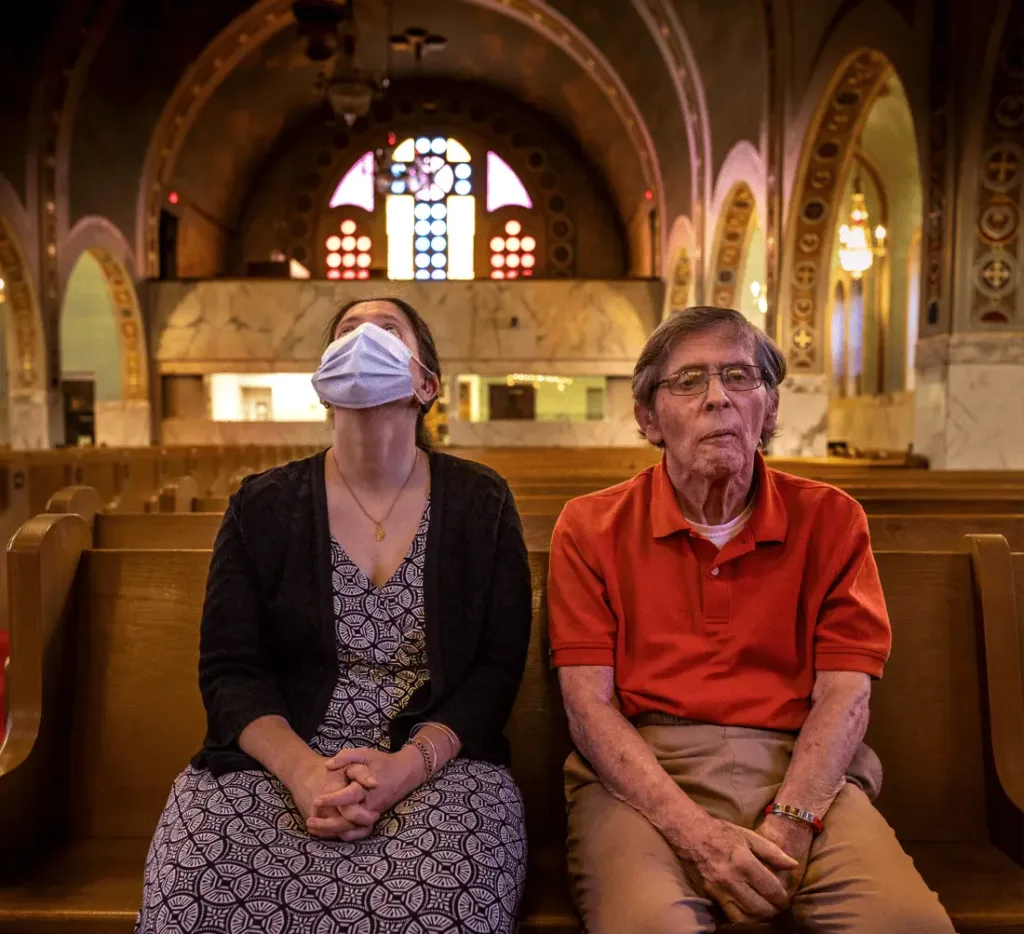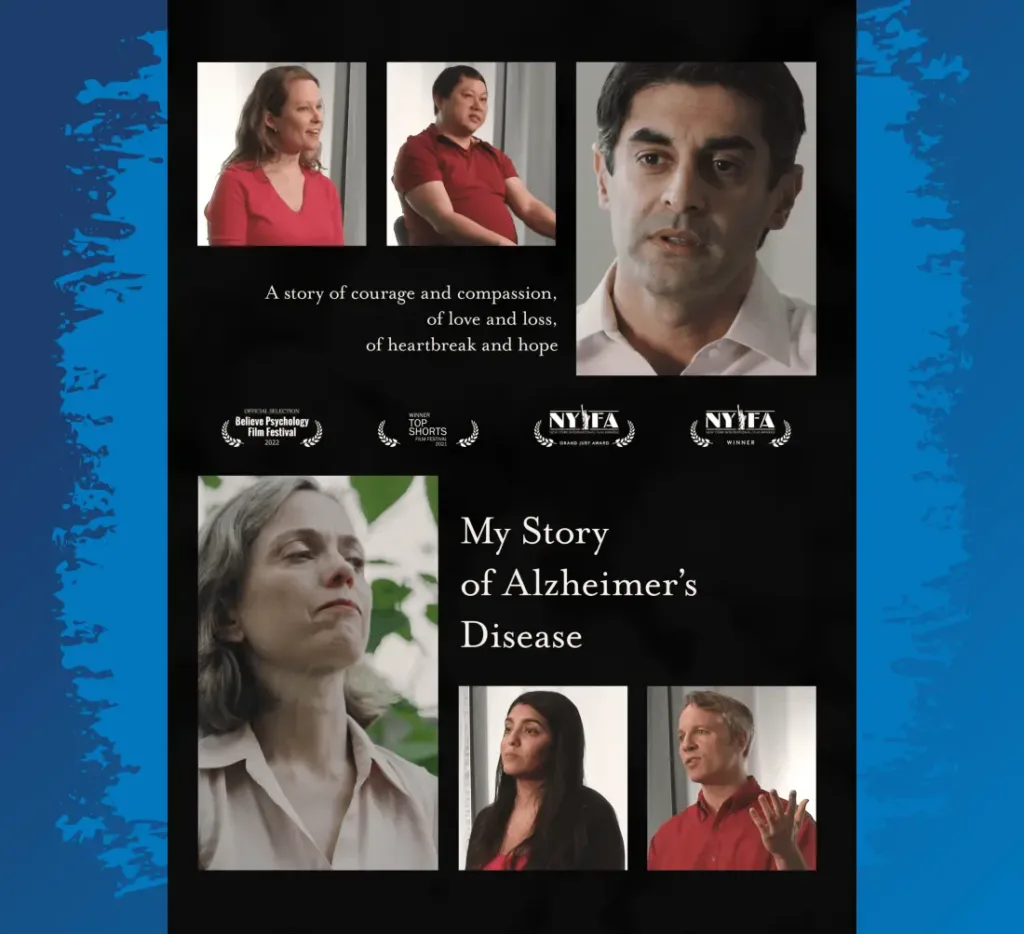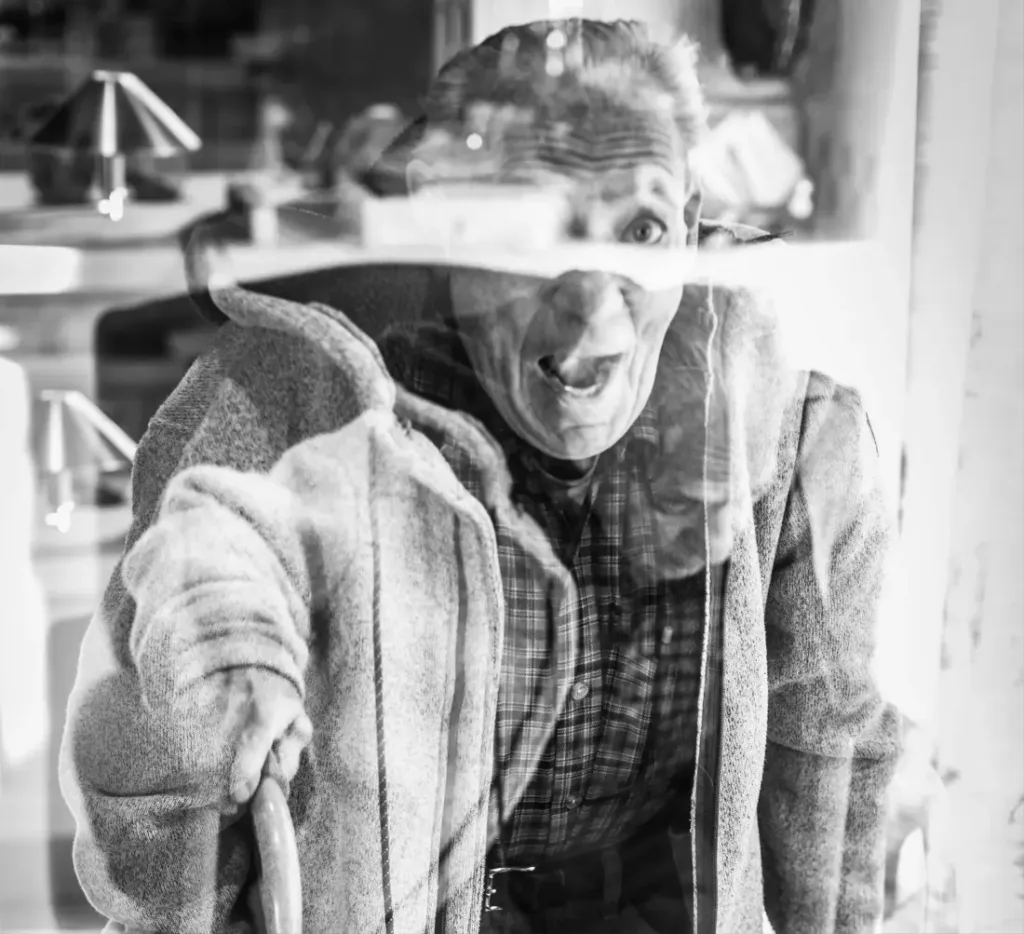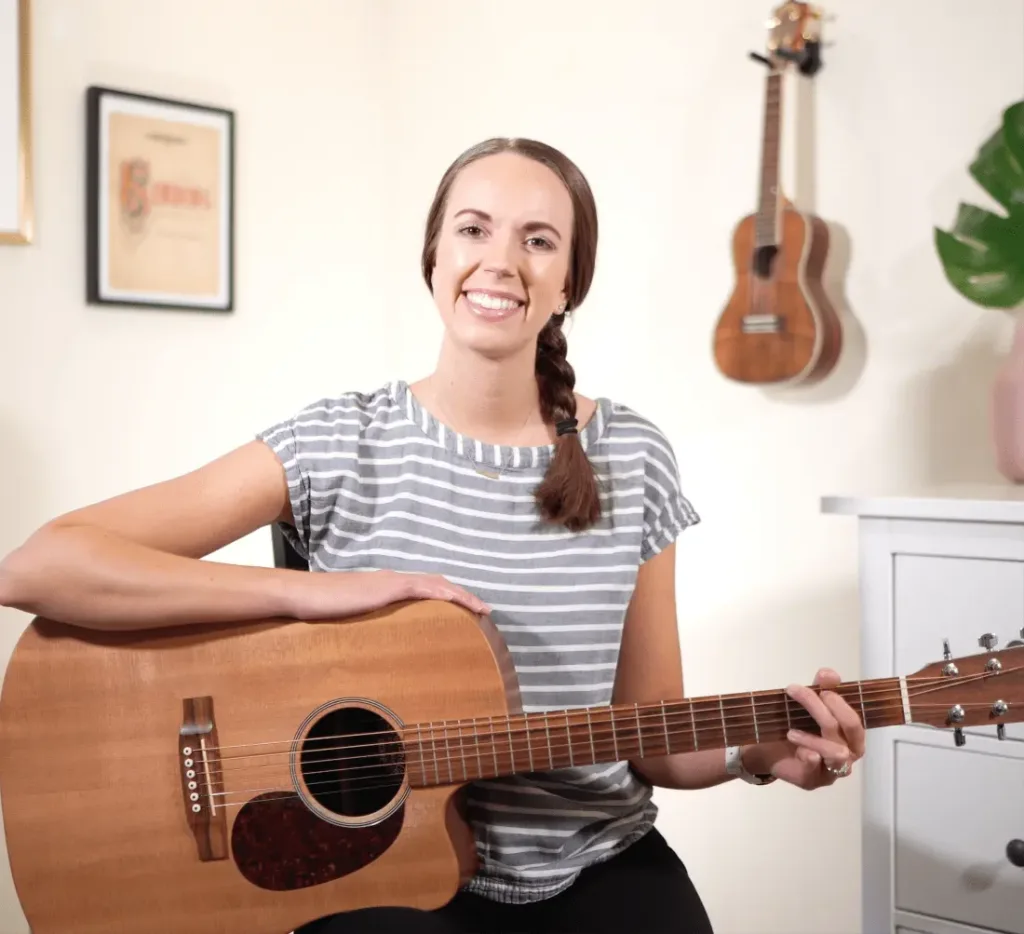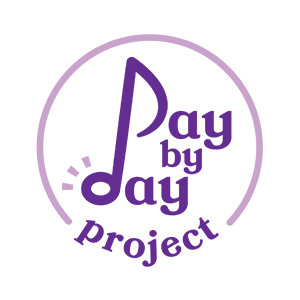Though we often associate social media with younger people, more and more older adults are utilizing social media as the baby boomer generation ages. Social media and the internet have the power to connect us with family and friends around the world and that can be such a powerful tool for older adults. But there is a dark side to all this digital interaction and access as well.
Social media makes it really easy to accidentally fall victim to financial scams, unknowingly surrender one’s personal information. It’s important for all of us to be on guard when using social media, but for people living with dementia, they may be even more vulnerable to these dangers. Families and caregivers are now in a position of needing to not only monitor their loved one’s physical and financial safety, but also their safety on the web. This is a whole new frontier for carepartners and clinicians alike to navigate. So, how can we strike the balance of autonomy and safety in a virtual world?
- Encourage Your Loved One to Share Passwords: When working on things like advanced directives and legal plans, talk with your loved one about keeping a passwords document as well. Present this as something to do together, in case of an emergency. Having the password will assist you in having more control and insight into your loved one’s online security.
- Enable all Privacy Settings: Ensure that all of your loved one’s social media profiles are set to private, so that only confirmed friends can interact and see posts.
- Keep an Eye on Friends Lists & Post Content: Even without direct access to your loved one’s accounts, you can monitor your loved one’s friends lists to confirm all friends are true acquaintances. Additionally, monitor the content that your loved one is posting. Some “games” that ask you to list your favorite things, can actually be a manipulation into posting security information.
- Connect with Friends and Family: Identify a few mutual friends and family who you can ask to assist you in monitoring content posts on your loved one’s social media accounts. Be sure to think about who you can trust to respect your loved one’s privacy, while supporting you. Ask them to alert you should they see any unusual activity.
- Limit Time Spent Online: The internet can be full of misleading or difficult to hear information. While it’s important to stay engaged, too much can be overwhelming, especially for someone living with dementia. Practice ways to allow internet time, but also take time to redirect and disconnect.
- Monitor Bank Accounts: Routinely check in on your loved one’s bank accounts to ensure that there are no surprise purchases.
- Screen Cell Phone Calls: Some phone carriers allow you to screen incoming calls to decrease the potential for scam calls. Additionally, there are apps available for most smartphones.
- Unsubscribe from Money Grabbing Emails: If you have access to your loved one’s email, consider unsubscribing from senders who may frequently request money and mark suspicious activity as spam.
Each caregiver and their loved one may have varying levels of comfort with these tips, but they provide a starting point in supporting your loved one in maintaining their online independence. Unfortunately, there is no one, simple way to entirely protect your loved one in their online use, but paying attention can go a long way. As we all continue to grow more comfortable with the virtual world, we will identify more strategies to protect ourselves and others.
References & Resources:
https://www.mcafee.com/blogs/consumer/10-tips-protect-social-networks/
https://www.pewresearch.org/fact-tank/2019/05/16/facts-about-americans-and-facebook/
Orlov, Laurie M.. “Technology for Aging in Place: 2019 Market Overview”. 2019



